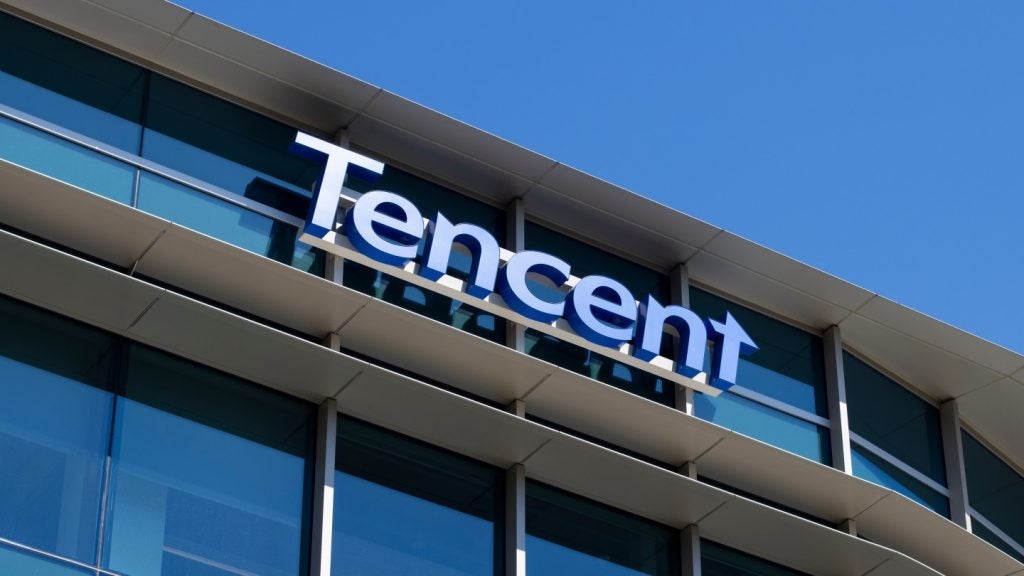
Technological innovations and the acceleration of communication have changed the way we work over the last decade. Yet, due to slow adoption of these new ways of working, UK productivity currently lags well behind all other G7 nations — but it doesn’t need to.
Several factors likely throttle business productivity today. But a common cause for most organisations is a severe lack of efficient collaboration due to a failure to adapt to the requirements of today’s agile workforce.
Dispersed teams are the new norm, with many employees working remotely across different locations, time zones and continents. New technology tools such as collaboration hubs can help rewrite the rules for communication in the modern, fragmented workplace. Yet, most organisations still persevere with outdated collaboration processes that may have worked well in the past, but are no longer adequate today.
Approval and decision making processes specifically are due an overhaul if businesses are serious about boosting their productivity levels. Many companies are still using the same multi-layered, hierarchical approval and decision making processes they’ve used for decades. This means employees often have to wait days – or even weeks – for approval on a simple idea or project (which does not have to be the case) preventing them from getting work done.
Reinvigorating productivity through collaboration
This is where modern collaboration hubs come into play.
Dedicated virtual spaces within those hubs called channels allow employees to group their conversations by subject, project or teams they work in. Once a request is shared in a channel, everyone can see its status in real time. There is no longer a need to bring people up to speed before they make a decision because they weren’t privy to the latest discussion around approvals by email or in person. In channels, everyone has access to the same information and a decision can therefore usually be made very quickly.
How well do you really know your competitors?
Access the most comprehensive Company Profiles on the market, powered by GlobalData. Save hours of research. Gain competitive edge.

Thank you!
Your download email will arrive shortly
Not ready to buy yet? Download a free sample
We are confident about the unique quality of our Company Profiles. However, we want you to make the most beneficial decision for your business, so we offer a free sample that you can download by submitting the below form
By GlobalDataWhile there is no one-size-fits-all approach, a lot of organisations like to structure their approval processes within channels by using emojis. An “eyes” emoji usually indicates that a request has been seen and is currently being reviewed, while a “tick” or “thumbs up” emoji would indicate that the request has been approved or given the go-ahead.
Some companies also like to include a level of colour-coding in their use of emojis during the approval process. Whilst this approach can become truly sophisticated with approval buttons and workflows in channels, most organisations start off with the classic traffic light system, where a yellow dot means a request has been received while green and red dots mean the request has either been approved or rejected.
Depending on the volume of requests, organisations sometimes even create channels solely dedicated to requesting and granting approvals to all sorts of requests to streamline this process even further. By managing approvals within channels rather than via email or in person, some organisations have seen decisions being made between 30% and 40% faster.
Channels are clearly revolutionising the way we collaborate with each other and I firmly believe that by 2025, channels will replace email as the primary way people communicate and collaborate at work.
For the over 600 million knowledge workers around the globe this means they can expect approval processes to no longer stand in the way of their enthusiasm, creativity and progression. For businesses, this will have a massive positive effect on their organisation’s productivity.
While none of this will happen overnight, organisations in the UK need to lay the foundations today if they want to reap the rewards tomorrow. Collaboration hubs and channel-based approval processes might not solve every productivity woe a company currently has, but they are a pretty good place to make a start.
Read more: How technology helps employees tackle digital overload







